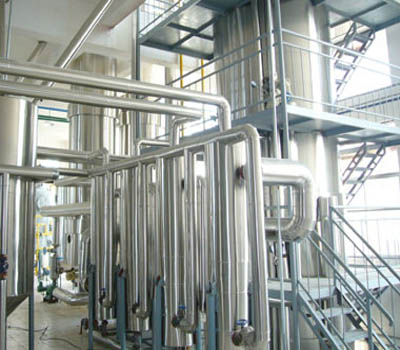What are the wastes of palm oil refineries?
Palm oil is one of the widely used vegetable oils in the world, and a large amount of waste will be produced during its production. Waste from palm oil refinery mainly includes the following types:

First of all, palm fruit will produce solid waste in the process of extracting oil, which is called palm fruit residue. These pomace are mainly composed of peel, stone and fiber. Although these wastes seem useless on the surface, they can be transformed into valuable products through further processing. For example, palm pomace can be used to make biomass fuel or as a component of animal feed.
Secondly, in the refining process, palm oil sludge will be produced. This kind of sludge is mainly due to the by-product produced in the process of separation of oil and water, which contains a certain amount of oil, solid particles and water. Palm oil sludge usually needs to be treated to prevent environmental pollution. After proper treatment, these sludge can be used to produce fertilizer or further extract residual oil.
In addition, wastewater will be produced during palm oil refining. These wastewater often contain high concentrations of organic and chemical substances, and if discharged directly without treatment, it will pollute the water body. Therefore, wastewater needs to undergo strict treatment processes, such as biodegradation or chemical treatment, to ensure that it meets the discharge standards.
Finally, there are some other types of wastes, such as fatty acid residues produced during deacidification and bleaching soil produced during decoloration. These by-products can be used in other industrial fields. For example, fatty acid residues can be used to produce soap, while bleached soil can be recycled for other industrial purposes.
In a word, there are various kinds of waste in palm oil refinery. Proper treatment can not only reduce environmental pollution, but also realize the reuse of resources and create economic value. Therefore, how to effectively manage and utilize these wastes has become an important topic in palm oil industry. Through advanced technology and scientific management methods, these wastes can be transformed into renewable resources, thus promoting sustainable development.
